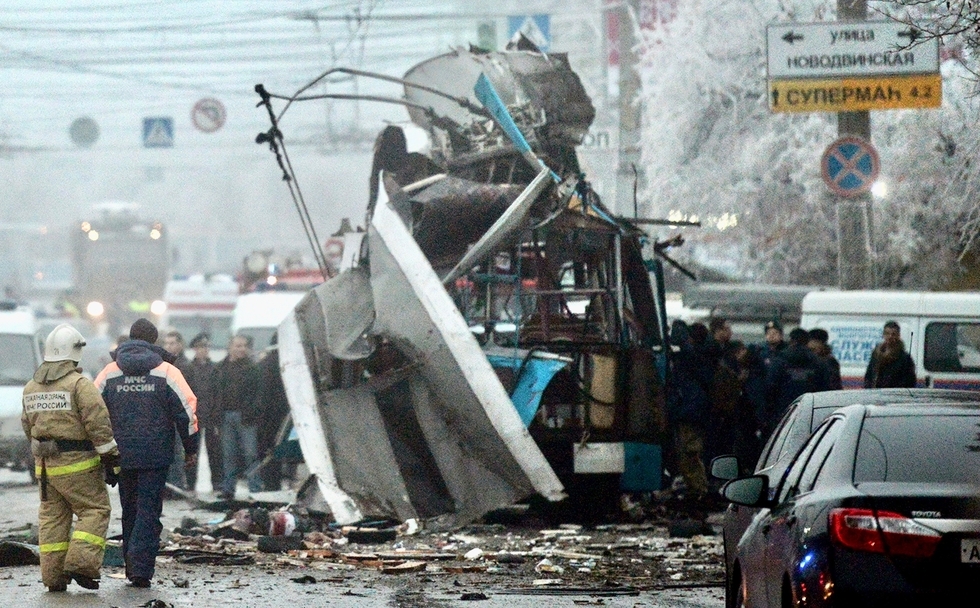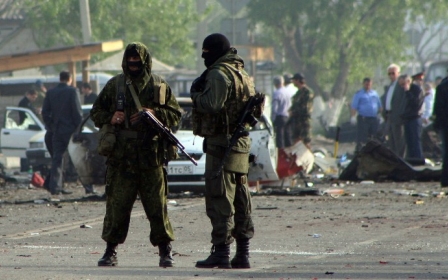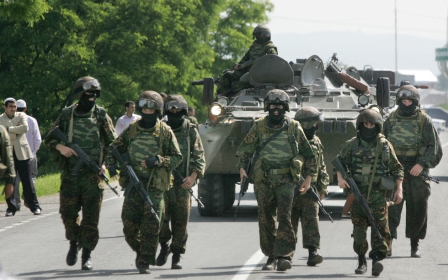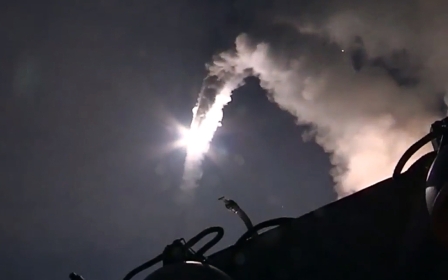Russia says it killed North Caucasus Islamic State 'emir'

Russia's FSB security service said on Sunday it had killed an "emir" of the Islamic State (IS) group in the North Caucasus along with four other militants in a raid in Dagestan region.
The FSB said in a statement that "among the neutralised bandits was the head of the Caucasus region's branch of the IS, Rustam Aselderov, and four of his close associates".
The FSB said Aselderov was one of the organisers of a terrorist attack on Volgograd’s train station on 29 December 2013, which killed 18 people and left dozens wounded after a suicide bomber blew herself up at the station’s entrance, RT News said. Another suicide bomber targeted civilians in a Volgograd trolleybus on 30 December, killing 16 people and hurting 25 others.
Aselderov is also suspected to be complicit in double explosions that hit the Astrakhan-Makhachkala highway in May 2012, killing 40 people and wounding more than a hundred, RT said.
The militant was also involved in the planning of a foiled terrorist attack on Moscow’s Red Square, in which two female suicide bombers were supposed to detonate on 31 December 2010, RT said. The plot was uncovered by the FSB.
The 35-year-old warlord pledged allegiance to IS leader Abu Bakr al-Baghdadi in December 2014, the first major militant to do so in the Caucasus.
IS has since claimed responsibility for numerous attacks on police in Dagestan.
In 2015, the US Department of State imposed sanctions on Aselderov as a "foreign terrorist fighter" after the militant group appointed him leader of its North Caucasus franchise.
IS named Aselderov, also known as Sheikh Abu Mohammad al-Qadari, governor of a new province after militants in the region pledged allegiance to the group.
The Russian North Caucasus is one of the major sources of foreign militants fighting in Syria and Iraq.
New MEE newsletter: Jerusalem Dispatch
Sign up to get the latest insights and analysis on Israel-Palestine, alongside Turkey Unpacked and other MEE newsletters
Middle East Eye delivers independent and unrivalled coverage and analysis of the Middle East, North Africa and beyond. To learn more about republishing this content and the associated fees, please fill out this form. More about MEE can be found here.




